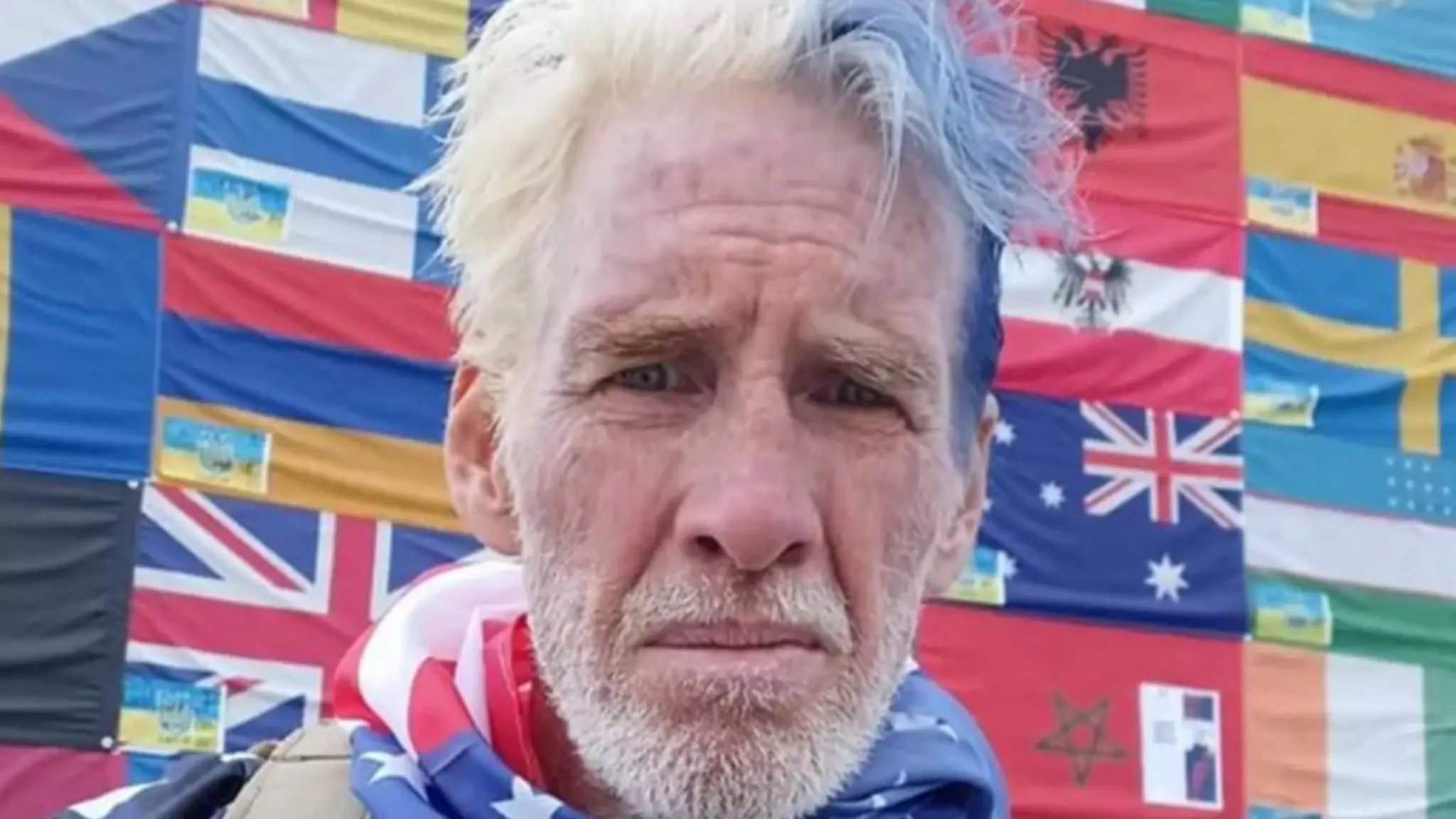In a twist of events that intertwines familial relations with political tension, Oran Routh finds himself grappling with the revelations surrounding his father, Ryan Wesley Routh, who is accused of attempting to assassinate Donald Trump. Describing his father as someone who despises Trump “like every reasonable person does,” Oran’s reaction—shock—illuminates the complexity of human nature amid political polarization. The fear and disbelief this news has instilled in him stem from Ryan’s non-violent reputation, contrasting sharply with the gravity of the allegations against him. Oran’s perspective underscores a deeper issue: the divide between political feelings and the portrayal of individuals in extreme situations.
Initial accounts of Ryan indicate a relatively mundane life marred by minor legal troubles, primarily traffic-related incidents. However, as more facts surface, the narrative shifts. In 2002, Ryan engaged in a perilous standoff with law enforcement during which he was found with a fully automatic machine gun, categorized ominously as a “weapon of mass destruction.” This incident alone raises questions about the nature of his convictions and state of mind, casting a long shadow over any claims of political motivation behind his recent actions. Such historical behavior clouds the image of a harmless citizen, challenging the narrative constructed by his family and supporters.
Ryan’s political landscape is as muddled as his legal history. While he has been a vocal supporter of Ukraine against Russian aggression—exemplifying a personal conviction he described as a stark “black and white” issue—the layers of his political affiliations reveal deeper contradictions. He has actively engaged with Democratic platforms while simultaneously showing support for Republican figures like Nikki Haley and Vivek Ramaswamy. This ideological inconsistency speaks to a more profound struggle within Ryan regarding his beliefs, aligning with neither party exclusively, but rather an eclectic mixture of political ideologies.
Ryan’s digital footprint offers further insight into his psyche. His now-suspended social media account was a platform for expressing views that oscillated between staunch support and strong criticism of Trump. One of his more chilling statements expressed a desire for Trump to be “gone,” suggesting an intense preoccupation that could fuel extreme actions. The question remains: how does social media amplify personal radicalizations, and when does criticism morph into something more dangerous? Each tweet, each post, is a digitized impulse, revealing biases and encouraging echo chambers that may distort one’s perception of reality.
Oran’s shock is emblematic of a growing dilemma in contemporary politics, where the rhetoric of dissent can breeds unforeseen violence. Individuals may align with political sentiments openly yet act anxiously when those sentiments translate into actions of aggression. The situation involving Ryan serves as a cautionary tale: it demonstrates the alarming potential for personal discontentment to escalate into acts that have dire consequences—not only for public figures but for families caught in the chaos sparked by political extremism.
The multifaceted life of Ryan Wesley Routh encapsulates the turbulent interplay between political ideology, personal history, and social media discourse, leaving a haunting question: how far can bombast and vitriol go before they incite tragedy? As the investigation continues, those left to ponder must reconcile their political beliefs with the potential for real-world ramifications.

